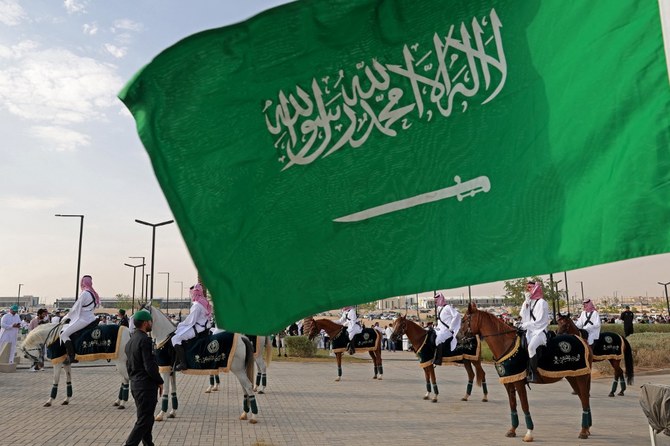MARRAKECH: The 117th Executive Council of the UN World Tourism Organization has passed a Saudi-Spanish resolution that aims to “redesign tourism” in the wake of the COVID-19 pandemic.
After being elected chair of the council on Nov. 24 for the 2023 term, the Kingdom successfully lobbied for the creation of a Saudi-Spain-UNWTO working group to contribute and recommend significant changes to the global tourism industry.
The proposal had been promoted by the Kingdom and Spain since December 2021, with a Saudi host delegation reiterating its support for the creation of the working group during the Kingdom’s hosting of the 116th Executive Council in Jeddah earlier this year.
This week’s three-day event in Marrakech, attended by Arab News, saw the passing of a decision to push forward with the creation of the working group, which has been supported from the outset by Spain.
Members of the Executive Council decided that the working group will be a subsidiary body of the council, comprising eight members of the organization representing all regions of the world.
It is slated to launch in spring next year, but will still require the formal endorsement of the Executive Council in May next year, as well as the approval of the UNWTO General Assembly in the third quarter.
The eight members will work alongside the three working group co-chairs — Saudi Arabia, Spain and the UNWTO — to move forward with the vision to transform global tourism.
Of the council’s 34 member countries present at the event, 31 approved the decision. The working group aims to represent every region of the world, and will include two member states for Africa, America and Europe, as well as single states to promote the tourism aspirations of the Middle East, East Asia and the Pacific, and South Asia.
The decision requests that the secretary-general, in consultation with the chairman, should “circulate a final document, including all the documents, setting out the mandate, composition and modus operandi” of the working group, together with a report from the organization’s Office of the Legal Counsel by the end of February 2023.
Once established, the working group will aim to meet at least biannually and is expected to run on a budget allocated voluntarily by member states.
The move is expected to lead to a significant shake-up within the world’s premier tourism body, with the Kingdom calling to “revitalize” the UNWTO and “improve its operating methods” to account for rapid trend shifts in the industry around the world.
It comes on the back of enhanced Saudi-Spanish ties in investment and tourism, and is the result of months of work by the two countries to gather support for the proposal among council members.
The working group aims to make the UNWTO “more inclusive, more resilient and more sustainable than ever,” said Saudi Tourism Minister Ahmed Al-Khateeb.
The passing of the resolution was the first major step by the Kingdom since its election as council chair for the 2023 term.
Al-Khateeb oversaw the handover from previous chair Cote D’Ivoire in Marrakech on Friday.
Trade between Saudi Arabia and Spain totals $3.5 billion annually. The two countries have made significant steps toward boosting economic ties throughout the year, with the Saudi-Spanish Investment Forum in June ahead of the Jeddah UNWTO event leading to a number of high-profile agreements.
The meeting in Marrakech also saw the admittance of several Saudi and Spanish affiliate members, including the Jeddah Central Development Co. and Spain’s Innovaris SL and Eturia CLM.




























